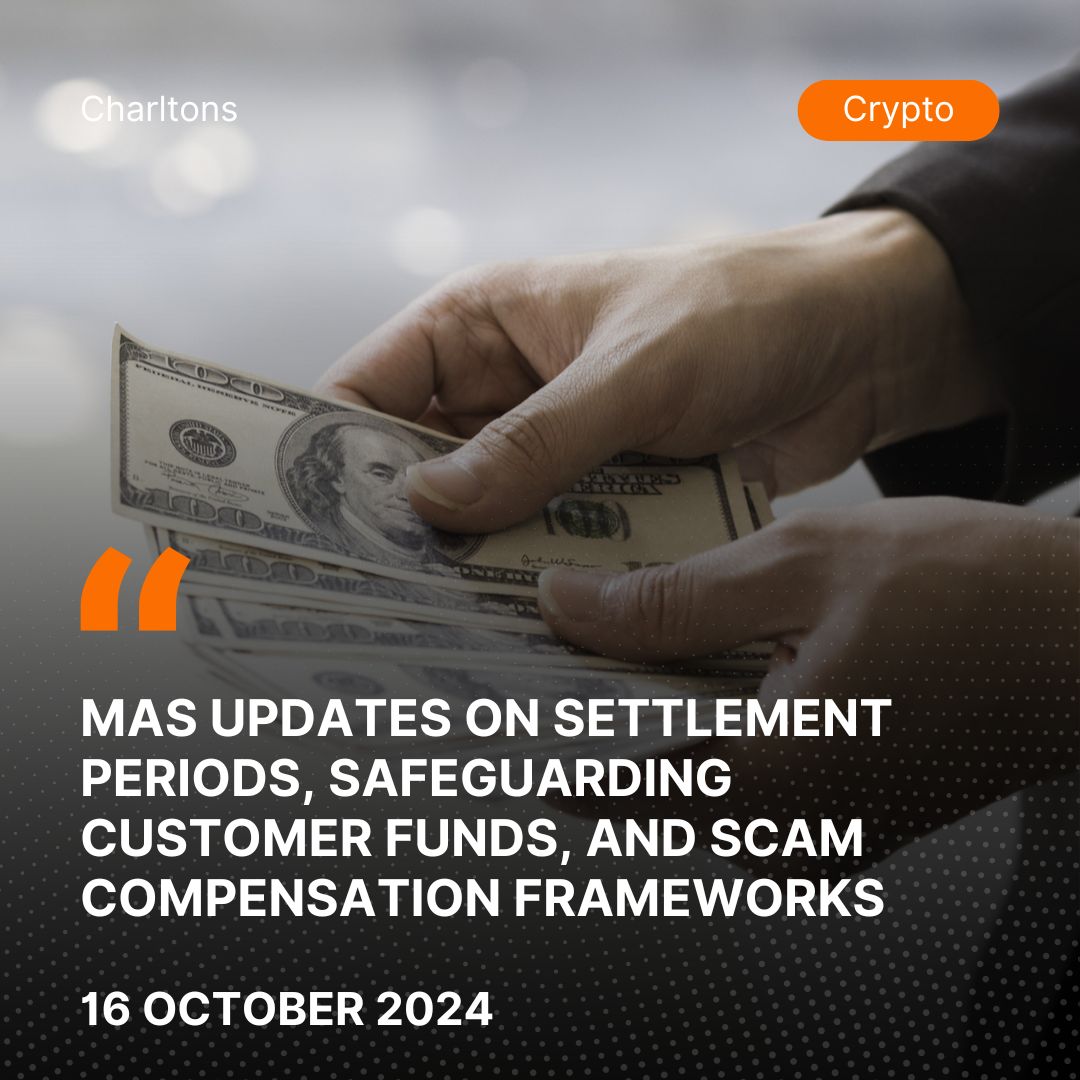
On 15 October 2024, Mr Gan Kim Yong, Deputy Prime Minister and Chairman of the Monetary Authority of Singapore (MAS), provided written replies in Parliament addressing questions on funds collected by payment service providers and e-commerce platforms, as well as updates on the Shared Responsibility Framework (SRF) for phishing scams and compensatory frameworks for other scam types.
The first question, asked by Mr Chua Kheng Wee Louis, MP for Sengkang GRC, was:
“To ask the Prime Minister and Minister for Finance (a) with regard to funds collected by payment service providers and e-commerce platforms, whether current legislation restricts the settlement period to vendors and customers; and (b) whether current legislation requires customer funds to be separately managed for platforms with stored values.”
Mr Gan clarified that while e-commerce platforms are not regulated by MAS, those providing payment services under the Singapore’s Payment Services Act 2019 must be licensed by MAS. Under the the Singapore’s Payment Services Act 2019, licensed payment service providers must transmit customer funds to the intended beneficiaries within specified timeframes: three business days for domestic money transfers and seven business days for cross-border transfers. However, for merchants, the settlement period can be mutually agreed upon in writing, providing flexibility to suit industry practices.
Regarding the safeguarding of funds, licensed major payment institutions are required to safeguard customer monies by depositing them in a trust account with a safeguarding institution or obtaining a guarantee. The safeguarding must occur by the end of the next business day after receipt, or in the case of e-money, from the time the e-money is issued to the customer.
The second question, asked by Ms Sylvia Lim, MP for Aljunied GRC, was:
“To ask the Prime Minister and Minister for Finance (a) whether there are any updates on when the Shared Responsibility Framework for certain types of phishing scams will come into operation; and (b) whether there are any updates on a compensatory framework for other types of scams such as those perpetrated by malware fraud.”
In response to the second question from Ms Sylvia Lim, MP for Aljunied GRC, regarding the Shared Responsibility Framework for phishing scams, Mr Gan confirmed that the SRF is expected to be implemented within the year. Public feedback is currently under review, and the Government will issue a formal response after careful consideration.
Mr Gan addressed the decrease in malware-enabled scams by the end of last year, following improvements to security measures that block access to banking apps if malware is detected on a customer’s device. Banks have goodwill frameworks in place to support victims, particularly for new scam types like malware fraud when they first emerge. MAS expects banks to fairly assess whether they have fulfilled their obligations and whether the victim acted responsibly. Public education on cybersecurity remains a priority, with consumers urged to remain vigilant and practice good cyber hygiene.
(Source: https://www.mas.gov.sg/news/parliamentary-replies/2024/written-reply-to-parliamentary-question-on-updates-to-srf, https://www.mas.gov.sg/news/parliamentary-replies/2024/written-reply-to-parliamentary-question-on-funds-collected-by-payment-service-providers)





